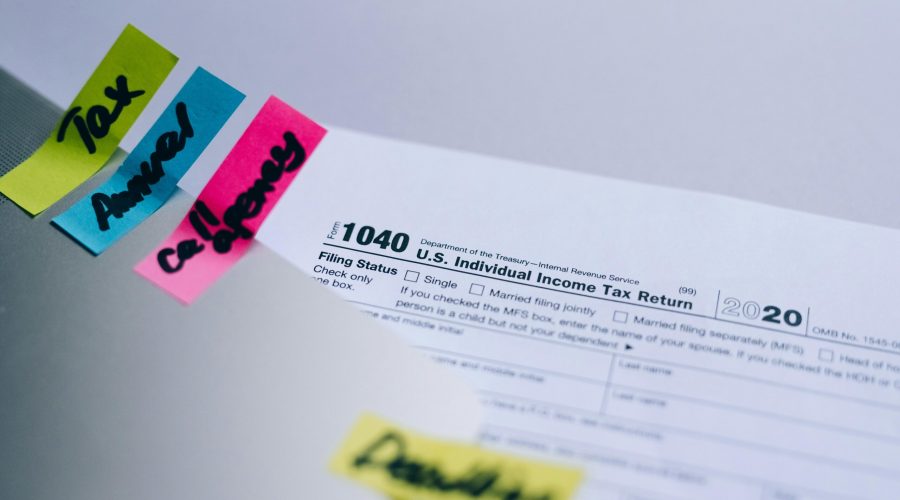Have you ever gotten a surprise call from your tax preparer telling you that a large tax payment is due, and you only have a few days to make the payment? Well, through tax planning, you might be able to mitigate the frequency of these last-minute tax payments.
Majority of the time, the CPA who prepares your taxes is focused solely on the past and making sure all information is reported correctly for the tax year in which they are preparing the tax return for. They are not looking forward at what might be coming in future months and years. Thus, they (and you by proxy) are forced to be reactive instead of proactive when it comes to tax strategies and payments.
Tax planning is a way to strategically minimize your future tax liability, while also keeping you up-to-date and in-the-know regarding tax payments. This can, and should, be done on a business and personal level. Keep in mind that this planning is separate from tax preparation, but your tax preparer and tax planner will need to have open lines of communication with each other in order to make sure all strategies were properly implemented on the tax return.
Tax planning at the business level is beneficial in helping to reduce your overall tax liability professionally and personally. Some of the major business tax planning strategies include entity type considerations, depreciation timing, maximizing fringe benefits, and setting up and/or optimizing the appropriate retirement plan vehicle. These are just a few of the ways in which you can set your business (and yourself) up for success.
The above business tax planning strategies will trickle down to the personal level, but there are still additional strategies you can, and should, implement for personal tax planning. These include things such as determining whether to itemize your deductions or take the standard deduction, contributing to IRAs, and making sure you utilize all credits and deductions you are eligible for.
In conclusion, it is recommended that you set yourself up for success by being proactive with tax planning. The main goal of tax planning is to reduce your overall tax liability and prevent any large, surprise tax payments around the tax deadlines.
About the Author:
Emily Rickman, CPA

Emily graduated from Texas A&M University in 2018, where she earned both her Bachelor of Business Administration in Accounting and her Master of Financial Management.
Emily is a Certified Public Accountant with over 4 years of experience in the financial services industry, including public accounting and financial planning. She has helped clients of all ages and life stages, but her expertise is in business analysis, tax planning strategies, and exit planning.
“Money and finances are one of the biggest stressors in everyday life for majority of people. Helping clients mitigate this stress by building a sound financial plan that can lead to financial freedom is beyond rewarding. Not only am I dedicated to helping people achieve their financial goals, but, more importantly, I am passionate about building lifelong, meaningful relationships with my clients.”
Outside of work, Emily loves spending time with family and friends (especially her 1 year old niece), traveling, cooking, and attending as many Texas A&M sporting events as she can.”
Emily Joined the MWA team in September 2022
